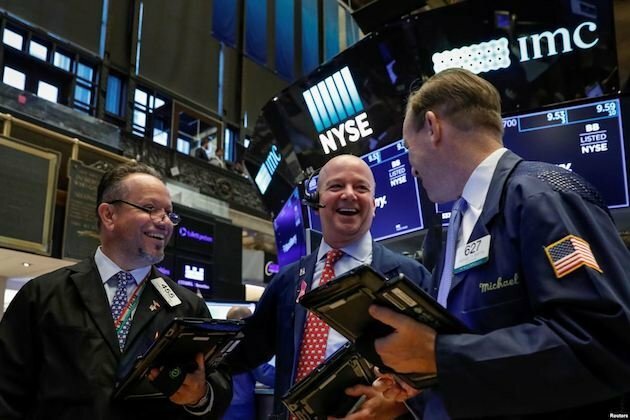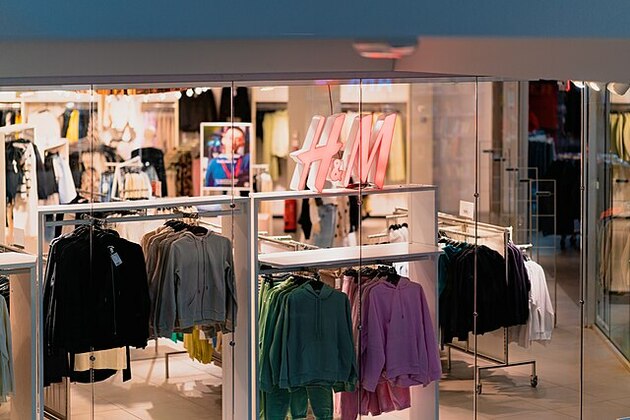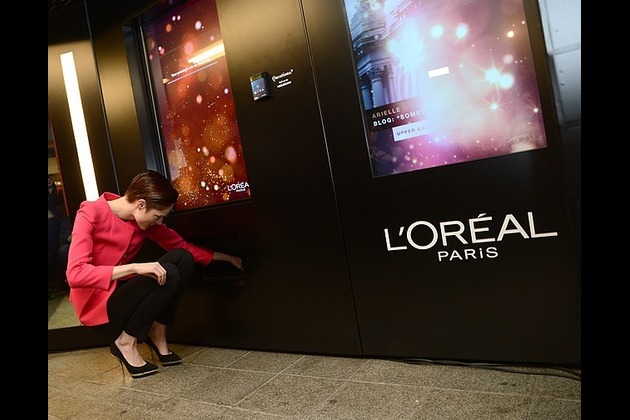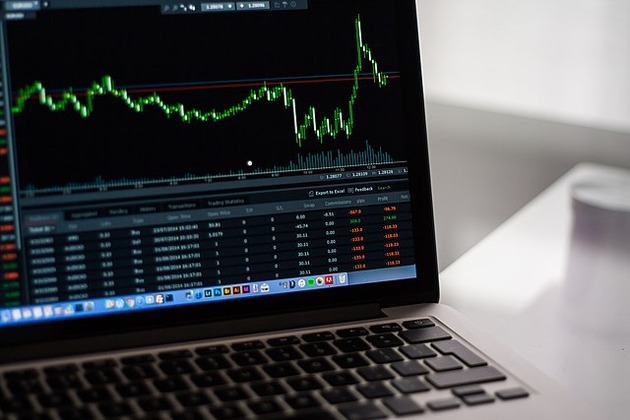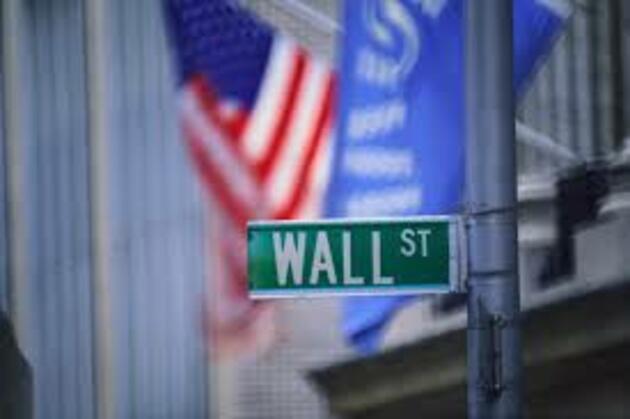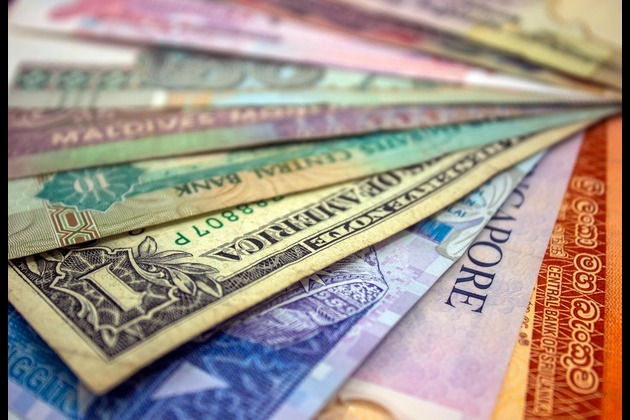Global Impact of Anti-Pandemic Incentives: Key Wins and Losses
Evertise
12 Jan 2022, 15:54 GMT+10

After each economic crisis, the global financial and economic architecture changes: crises draw attention to the shortcomings and limitations of the dominant theories, mechanisms, and institutions. Thus, after the Asian crisis of 1998, the focus on the regional component of the global financial architecture intensified; the global financial crisis of 2008-2009 showed the need to strengthen its anti-crisis function and the function of macroeconomic stabilization.
The COVID-19 pandemic has become the biggest challenge to the global economy since World War II. Central banks and developed governments have responded with unprecedented anti-crisis measures, including huge fiscal packages and monetary policies. These measures helped to prevent a catastrophic drop in economic activity and the spread of the crisis from the real sector of the economy to the financial system. However, an anti-crisis policy of this magnitude cannot be carried out for a long time, and its inevitable termination will pose new challenges for global macro-finance.
Covid-19 Response: What Are The Best Anti-Crisis Policies?
While ordinary people take a chance to profit on 1xslots casino login, countries are responding to the challenge of COVID-19 with different strategies and policies. In general, they differ in the following:
- coverage of the population with vaccinations,
- the duration and severity of lockdowns,
- the severity of border-crossing rules,
- the volume and structure of anti-crisis packages.
Some countries are concentrating on supporting those suffering from the crisis. Others are simultaneously implementing long-term recovery measures aimed at re-energizing the economy after the pandemic. Some countries are experimenting with monetary, fiscal, and social policies: if successful, they will be extended after the crisis. Anti-crisis policy in different countries is very poorly coordinated, which leads to a huge variety of approaches to it, which need to be streamlined, classified, and evaluated.
Anti-Pandemic Incentives: Global Impact
Professor at the University of California Pierre-Olivier Guranches and his co-authors tried to calculate the global effect of anti-crisis fiscal measures. Their total volume amounted to 11.3% of world GDP, including 16.6% of the GDP of developed countries and 5.9 % of developing.
According to estimates by Guranches, since the beginning of the pandemic, more than 500 programs to support SMEs have been adopted in the world, which cost 5.1% of world GDP. This assessment includes both direct support (government-guaranteed loans, grants) and a shortfall in revenues to the budgets.
The analysis showed that without fiscal support, the number of corporate bankruptcies at the global level would have skyrocketed by 9% in 2020; in reality, the growth was two times lower - about 4.3%. The same, according to the calculations of economists, would be the growth of bankruptcies if last year was 'normal', that is, without a pandemic.
Business support helped to save 36% of companies, 47% of jobs, and 36.5% of salaries that were at risk due to the pandemic. However, only 6% of all spending (0.3% of GDP) went to firms in which these saved jobs and salaries were needed. The lion's share (88% of support) fell on firms that were strong enough and could survive without it, while another 6% received firms that did not survive despite the support.
The most inefficient spending from this category fell on developed countries: if their governments supported only those enterprises that really required help, they could spend only 0.13% of GDP instead of 6.1% of GDP on supporting small and medium-sized businesses. In developing economies, the difference between necessary and real expenditures is much less (1.5% of GDP against the actual 1.9%).
Oxfam Criticizes Developed Countries' Anti-Crisis Measures
'The coronavirus pandemic is deepening social inequality around the world', is stated in the report of the international organization Oxfam. Its CEO Gabriela Bouchet notes that the world's richest people are successfully recovering their losses over the past year, and the poorest economies will recover in about a decade: 'The half-trillion dollars that the top-10 richest people have made in the past year could be used to create vaccines for all of humanity, or even to prevent poverty during a pandemic, so this is an extraordinary difference.'
Oxfam criticizes international financial organizations and the policies of developed countries, which, according to activists, support primarily billionaires. Boucher calls for a change of priorities and an intensification of the fight against inequality.
'South Korea is a good example, which has already focused on reducing inequality through a variety of measures, such as raising the minimum wage or investing in health and education. During the pandemic, 42 million households were supported. The New Zealand government is another example of a correct attitude towards the well-being of citizens, child care, and education. The economy works in the interests of everyone, and not on GDP' they say.
 Share
Share
 Tweet
Tweet
 Share
Share
 Flip
Flip
 Email
Email
Watch latest videos
Subscribe and Follow
Get a daily dose of Charlotte Star news through our daily email, its complimentary and keeps you fully up to date with world and business news as well.
News RELEASES
Publish news of your business, community or sports group, personnel appointments, major event and more by submitting a news release to Charlotte Star.
More InformationBusiness
SectionStandard and Poor's 500 and and Nasdaq Composite close at record highs
NEW YORK, New York -U.S. stock markets closed with broad gains on Thursday, led by strong performances in U.S. tech stocks, while European...
Persson family steps up H&M share purchases, sparks buyout talk
LONDON/STOCKHOLM: The Persson family is ramping up its investment in the H&M fashion empire, fueling renewed speculation about a potential...
L'Oreal to buy Color Wow, boosts premium haircare portfolio
PARIS, France: L'Oréal is making a fresh play in the booming premium haircare segment with a new acquisition. The French beauty conglomerate...
Robinhood launches stock tokens for EU investors, adds OpenAI
MENLO PARK, California: Robinhood is giving European investors a new way to tap into America's most prominent tech names — without...
Wall Street diverges, but techs advance Wednesday
NEW YORK, New York - U.S. stocks diverged on Wednesday for the second day in a row. The Standard and Poor's 500 hit a new all-time...
Greenback slides amid tax bill fears, trade deal uncertainty
NEW YORK CITY, New York: The U.S. dollar continues to lose ground, weighed down by growing concerns over Washington's fiscal outlook...
Business
SectionStandard and Poor's 500 and and Nasdaq Composite close at record highs
NEW YORK, New York -U.S. stock markets closed with broad gains on Thursday, led by strong performances in U.S. tech stocks, while European...
Persson family steps up H&M share purchases, sparks buyout talk
LONDON/STOCKHOLM: The Persson family is ramping up its investment in the H&M fashion empire, fueling renewed speculation about a potential...
L'Oreal to buy Color Wow, boosts premium haircare portfolio
PARIS, France: L'Oréal is making a fresh play in the booming premium haircare segment with a new acquisition. The French beauty conglomerate...
Robinhood launches stock tokens for EU investors, adds OpenAI
MENLO PARK, California: Robinhood is giving European investors a new way to tap into America's most prominent tech names — without...
Wall Street diverges, but techs advance Wednesday
NEW YORK, New York - U.S. stocks diverged on Wednesday for the second day in a row. The Standard and Poor's 500 hit a new all-time...
Greenback slides amid tax bill fears, trade deal uncertainty
NEW YORK CITY, New York: The U.S. dollar continues to lose ground, weighed down by growing concerns over Washington's fiscal outlook...

